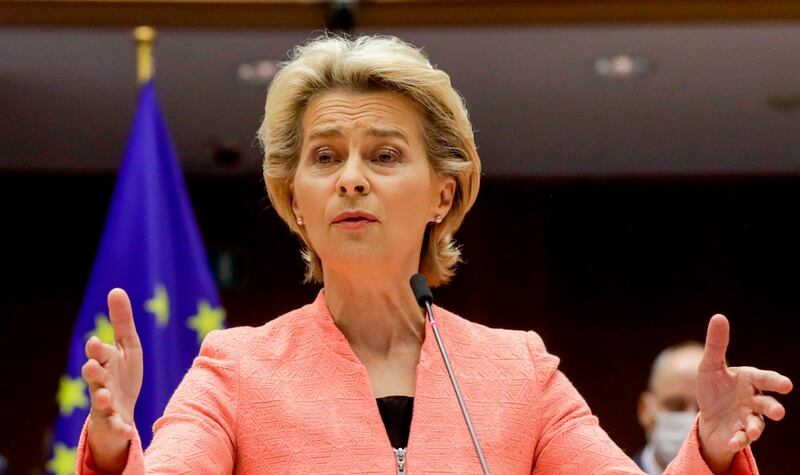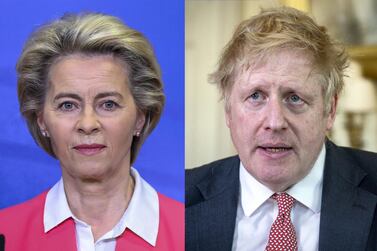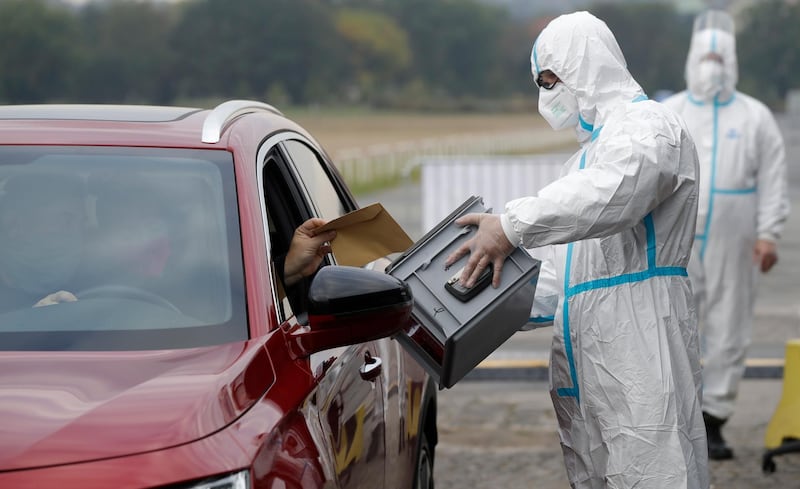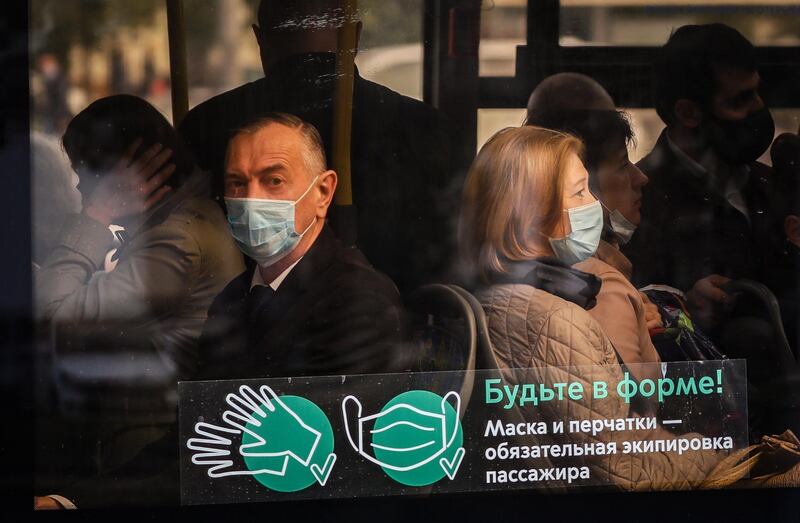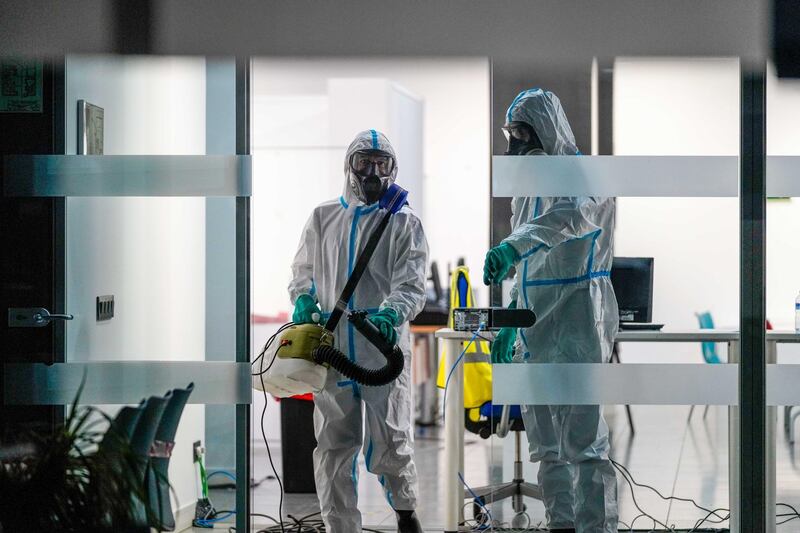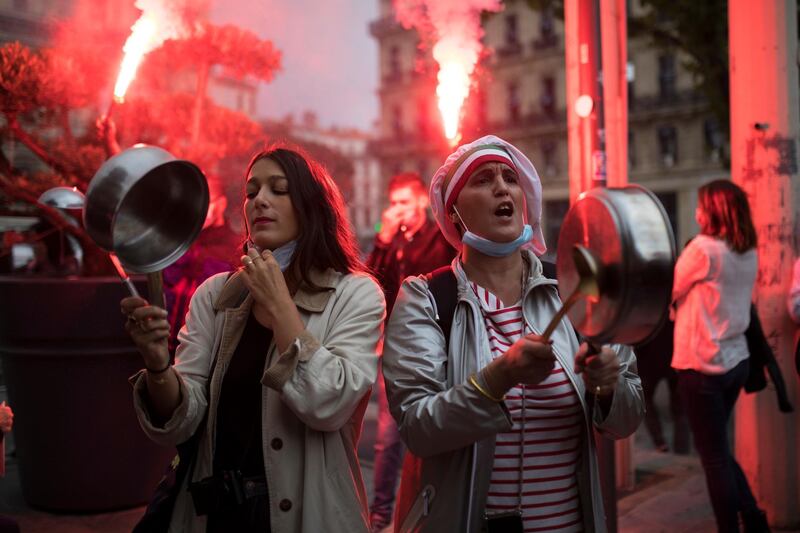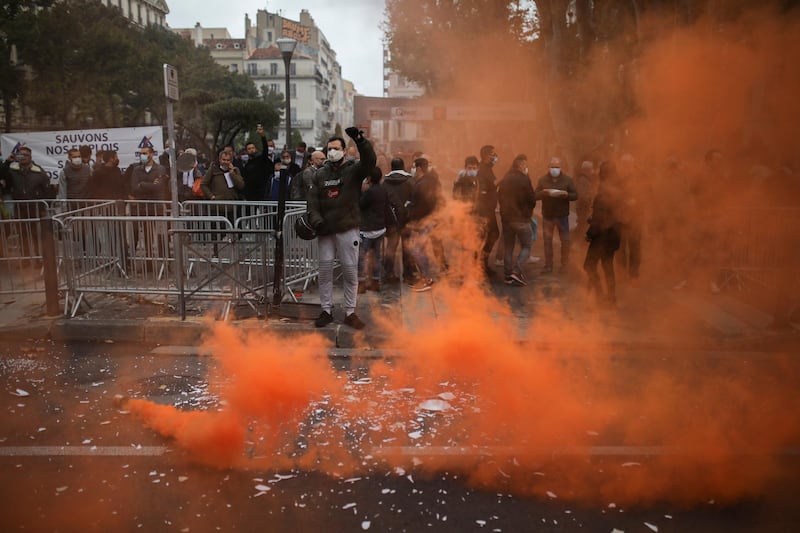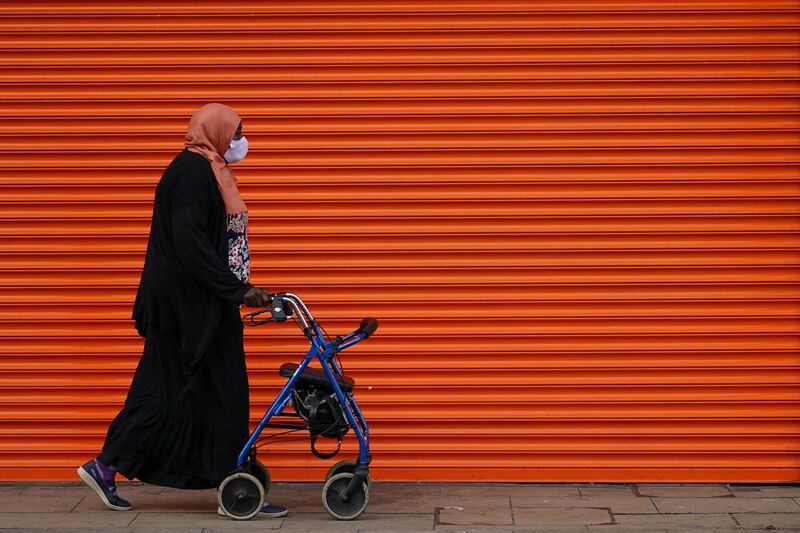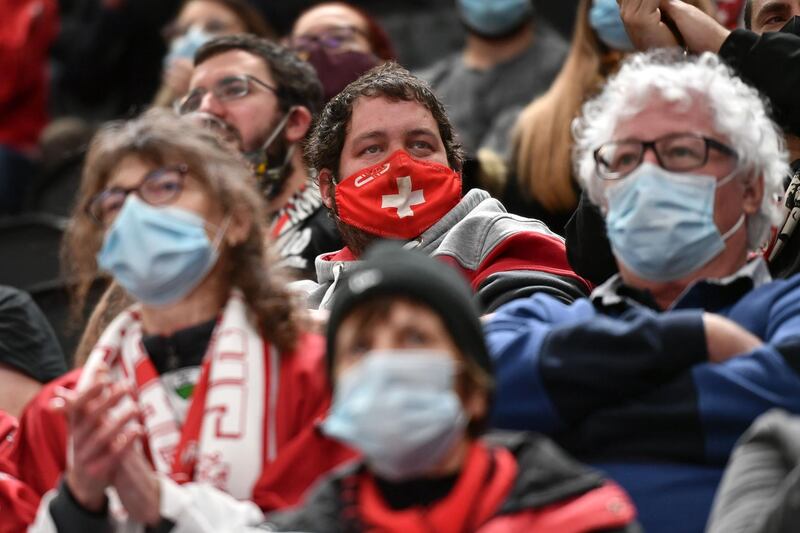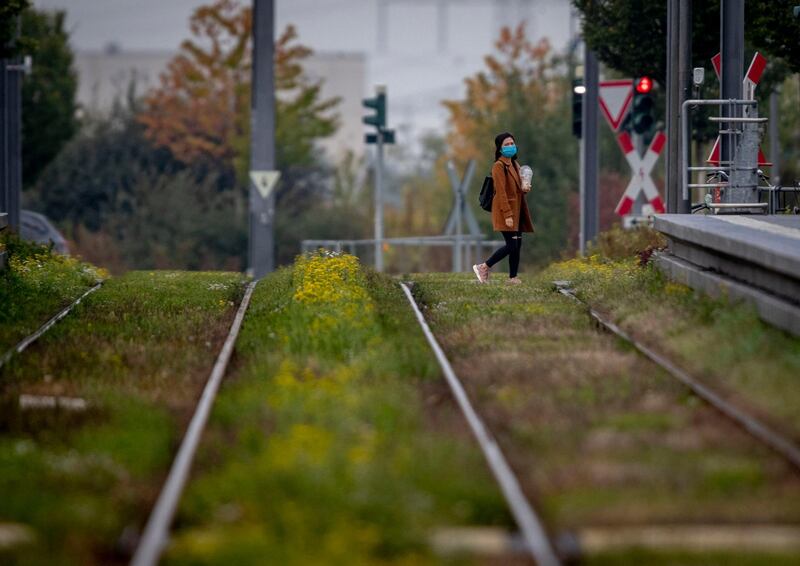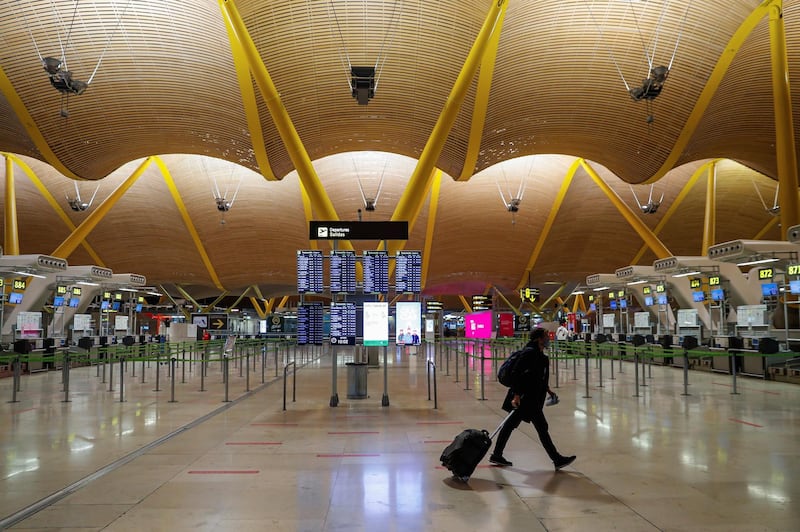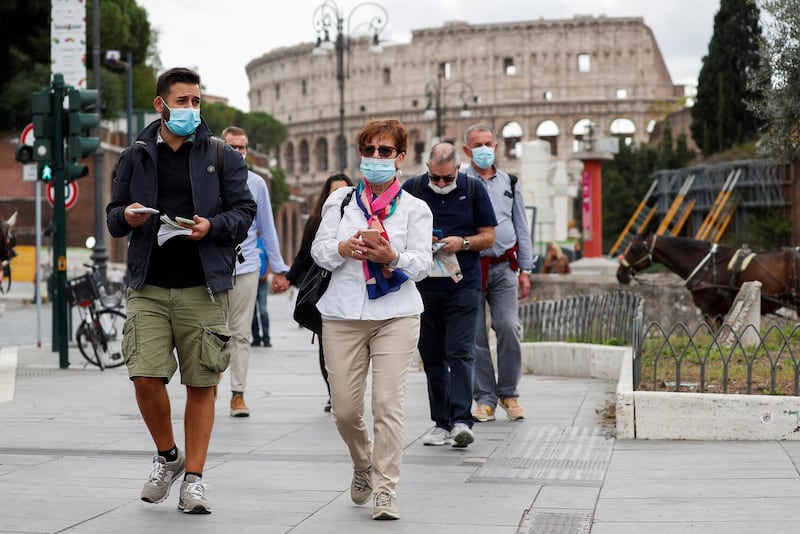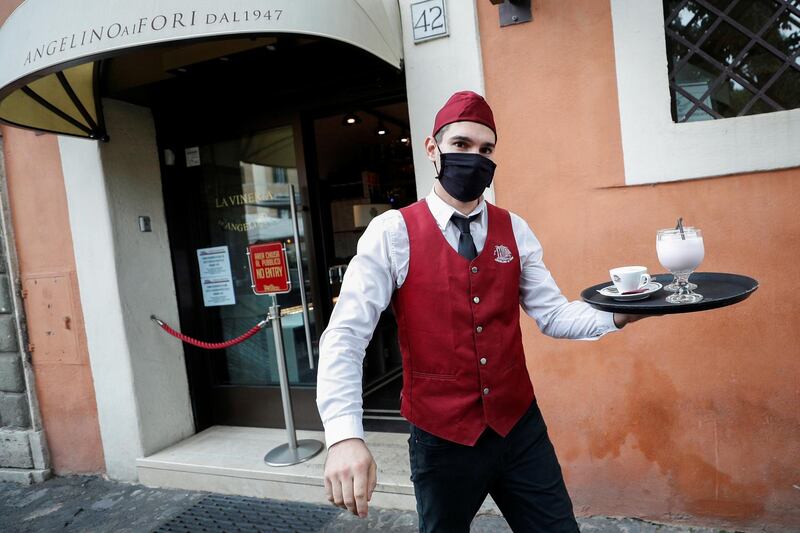European Commission President Ursula von der Leyen is self-isolating after coming into contact with someone who later tested positive for the coronavirus.
She said she had tested negative for the virus but was self-isolating as a precaution.
“I’ve been informed that I participated in a meeting last Tuesday attended by a person who yesterday tested positive for Covid-19,” Ms von der Leyen said.
“In accordance with regulations in force, I’m therefore self-isolating until tomorrow morning. I’ve tested negative on Thursday & am tested again today.”
I’ve been informed that I participated in a meeting last Tuesday attended by a person who yesterday tested positive for COVID-19. In accordance with regulations in force, I’m therefore self-isolating until tomorrow morning. I’ve tested negative on Thursday & am tested again today
— Ursula von der Leyen (@vonderleyen) October 5, 2020
Her isolation will keep her close to work: she has a small living quarters next to her office in Brussels.
Two weeks ago, European Council President Charles Michel was forced to postpone a summit of EU leaders because he was in quarantine.
If Ms von der Leyen tests positive, she will join more than half a dozen other world leaders, including Donald Trump, who have caught the virus.
She goes into isolation amid tense negotiations between the bloc and the UK to reach a post-Brexit trade deal.
British Prime Minister Boris Johnson said on Sunday the UK “can prosper mightily” without a deal with the EU, the day after agreeing to extend stalled talks with Brussels.
Mr Johnson, who accepted prolonging negotiations in a video call on Saturday with Ms von der Leyen, told the BBC he believed a deal is "there to be done" before the UK leaves the bloc's regulatory regime in 2021.
But he said the EU needed to understand that his government is “utterly serious about needing to control our own laws and our own regulations”, including its fisheries policy.
Britain formally left the bloc in January but remains bound by most of its rules until the end of the year under the terms of its Brexit divorce.
The current 11-month transition phase was intended to allow the two sides to agree their future trading relationship after nearly five decades of economic and political integration.
But nine scheduled rounds of negotiations ended on Friday with both parties saying significant obstacles to an agreement remain, prompting Mr Johnson and Ms von der Leyen’s intervention.
The two leaders, who last held Brexit talks in June, asked their negotiators to “work intensively in order to try to bridge those gaps”.
But fears are growing of travel and trade chaos if progress is not made and a so-called no-deal Brexit ensues.
“I don’t want the Australian, WTO-type outcome particularly, but we can more than live with it,” Mr Johnson said of the scenario.
“I think that we can prosper mightily under those circumstances,” he said.
London and Brussels had pinpointed a European summit on October 15 as the latest date on which an agreement could be reached in time to be ratified to take effect by 2021.
Reports suggest the talks could now continue for the rest of October, but British officials are stressing the need for clarity on whether a deal is feasible by the summit.
Neither side appears ready to make a big shift in their entrenched positions.
Mr Johnson said he hoped the EU would “agree to the deal that we’ve set out”.
Following the prime minister’s call with Ms von der Leyen, an EU source told AFP the bloc was waiting for London “to really start negotiating on the big issues”.
The atmosphere has been soured by London taking steps to overturn parts of the divorce agreement struck last year, prompting Brussels to launch legal action last week.
